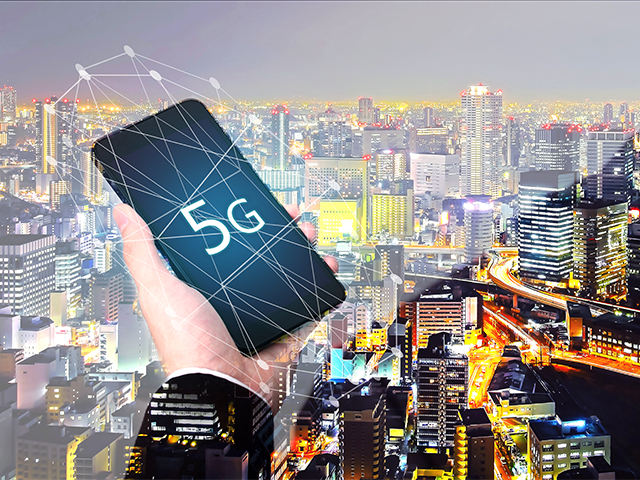Physical Address
304 North Cardinal St.
Dorchester Center, MA 02124
Physical Address
304 North Cardinal St.
Dorchester Center, MA 02124

A lack of understanding around 5G has been cited as one of the main reasons for the misconceptions about the next-generation network.
That is according to a study carried out by Global Wireless Solutions, which found businesses and consumers don’t see 5G as an immediate priority.
It follows recent anti-5G demonstrations fuelled by online conspiracy theories linking 5G as the cause of the coronavirus.
In reality that is just a myth that has carries no scientific proof, with no evidence around 5G harming people’s health.
GWS revealed that out of the 200 organisations (made up of 100 to 5,000 employees) that it polled with Vanson Bourne , just over half (56 per cent) said that 5G is already important to their business.
With just over a quarter (27pc) believing it will instead play a big part in the future.
However not all businesses are keen just yet, with one-fifth of businesses saying that the implementation of 5G services is in their top three mobile priorities.
However these businesses are instead more concerned about the reliability of voice calling and accessibility (46 per cent).
Improving remote working connectivity (45pc) was also a priority that businesses ranked higher.
While only nine per cent of companies complained about the lack of accessibility to 5G. This was significantly less than other complaints such as 39pc moaning about mobile network coverage and 28pc regarding dropped voice calls.
GWS CEO Dr Paul Carter said: “It’s certainly a positive for operators that many British firms already recognise the importance of 5G for their future business applications.
“Most UK adults are gearing up for 5G mobile connectivity in the near future too, further demonstrating the business case for deployment from both a consumer and enterprise perspective.
“However, there appears to be ongoing uncertainty amongst businesses and their employees as to what 5G really is and what it could mean for levelling up business capabilities, as well as confusion from the wider public as to whether 5G has actually arrived yet and in what capacity.”
But the public opinion isn’t too different to that of the businesses surveyed.
GWS polled 2,000 UK adults with YouGov and found that consumers overwhelmingly see 5G being important in the future, as opposed to now.
Of those asked, 76pc said that they plan to get a 5G phone, while over half (53pc) expect to do so in the next three years.
But the appetite for 5G isn’t immediate, as only 19pc of consumers said the faster speeds will change the way they use their phone.
While two-thirds (67pc) are waiting for 5G to become the new normal, until they feel they’re automatically transferred over from 4G by their operator.
With 39pc uncertain about what the benefits of what 5G actually are.
Carter says it’s time for the stakeholders in the rollout of 5G to quell any misconceptions around 5G and explain the benefits.
“We need to go beyond the fairly limited scope of existing messages around increases in speed to communicate the extent of what 5G could truly mean for both businesses and consumers alike.
“We need to be giving people much more regular, multi-layered messages around why 5G is not just a step-up in terms of a single factor like network speed.”.